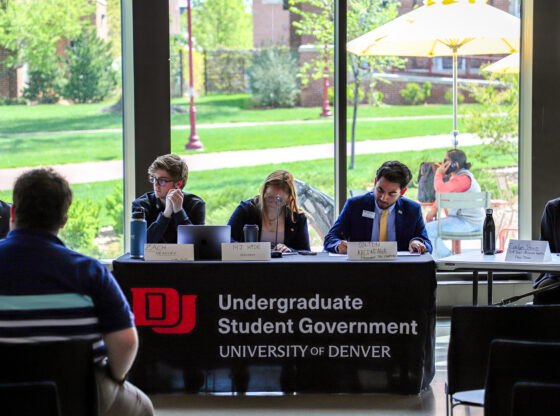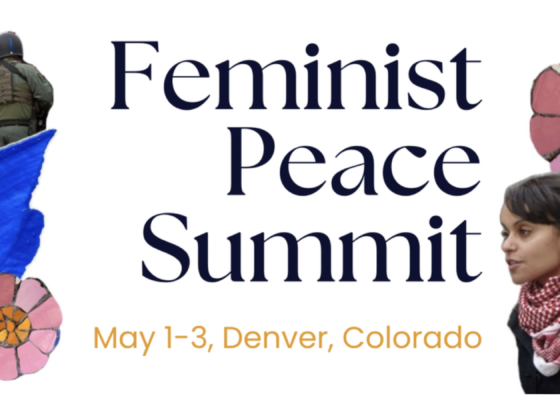DU’s Korbel School of International Studies welcomed more than 50 returned and evacuated Peace Corps volunteers into its graduate cohort this year.
Hailing from 29 countries, the returned Peace Corps were forced to evacuate from their projects after the coronavirus pandemic required immediate suspension of all Peace Corps operations. In response, Korbel offered admission to all newly Returned Peace Corps Volunteers (RPCVs) who had applied to the graduate school, granting the distinguished Coverdell Fellowship Program and increasing this program’s scholarship award. Those who accepted their offer of admission now join one of the largest university-based peace corps communities in the United States that partnered with the Coverdell Program in 2003.
“Both the Peace Corps and the Korbel School prepare leaders to address the biggest challenges of our time, so the partnership is a natural one,” said Daniel Doerr, the director for graduate enrollment at the Korbel School and DU Coverdell Fellowship coordinator. “RPCVs have real-world experience working with communities on issues of global health, sustainability and development. Programs at Korbel prepare students to make an impact on these very issues, and graduate school is often the next step for RPCVs.”
Typically, RPCVs applying to a Korbel International Studies MA program or Masters of Public Policy program face staunch competition for the fellowship, but in response to the changing global climate, Korbel offered assistance to RPCVs wishing to continue their international work in an academic setting.
“Our hope was that RPCVs would benefit from the support this year and bring their passion for international affairs and intercultural experience to a community that is already deeply committed to those values,” said Doerr. “Their experiences will enrich the classroom environment and bring real-world anecdotes to their studies and discussions.”
DU offered a unique opportunity for the continuation of community service despite the pandemic for returned Peace Corps students like Clayton King, who served in the Republic of Moldova and is now in the Korbel MPP program, and Rediet Geremew, who served in Tanzania and is now pursuing an MA in International Development.
“I decided to apply to Korbel because I was looking for a skills-based Public Policy program that was also internationally focused,” said King. “As a Coverdell fellow, I am required to complete a community service project serving a historically-underserved community. Being located in Denver, I thought it would be a unique opportunity to be able to compare effectiveness of policy solutions from the global to the local.”
Geremew also commented on her experience at DU, highlighting the community connections available through the Korbel school.
“Some of my experience in the Peace Corps and challenges I have faced will be a great contribution to the DU community,” said Geremew. “I am already using my experience and language skills I gained in the Peace Corps in my current [position at the] African Community Center here in Denver.”
These opportunities to initiate local change using global experiences serve as the foundation for the Coverdell Fellowship. Yet, for many returning Peace Corps volunteers, the memories of their service projects inspire a passion to enact real change and selflessly serve a community.
“One of my fondest memories was the grand reopening of our library [in our community in Vorniceni],” said King. “Seeing the timidness shake off my partner, watching her emerge with pride and ownership of our work, made me feel like the project truly was for the community and by the community. There is no Peace Corps without the brilliant minds of host country nationals waiting to be unleashed. There is no sustainability in development without community ownership. The most important lesson I learned is that it’s not about you. My goal is to be an unseen agent of change and remember that it’s not about me, it’s about the community.”











